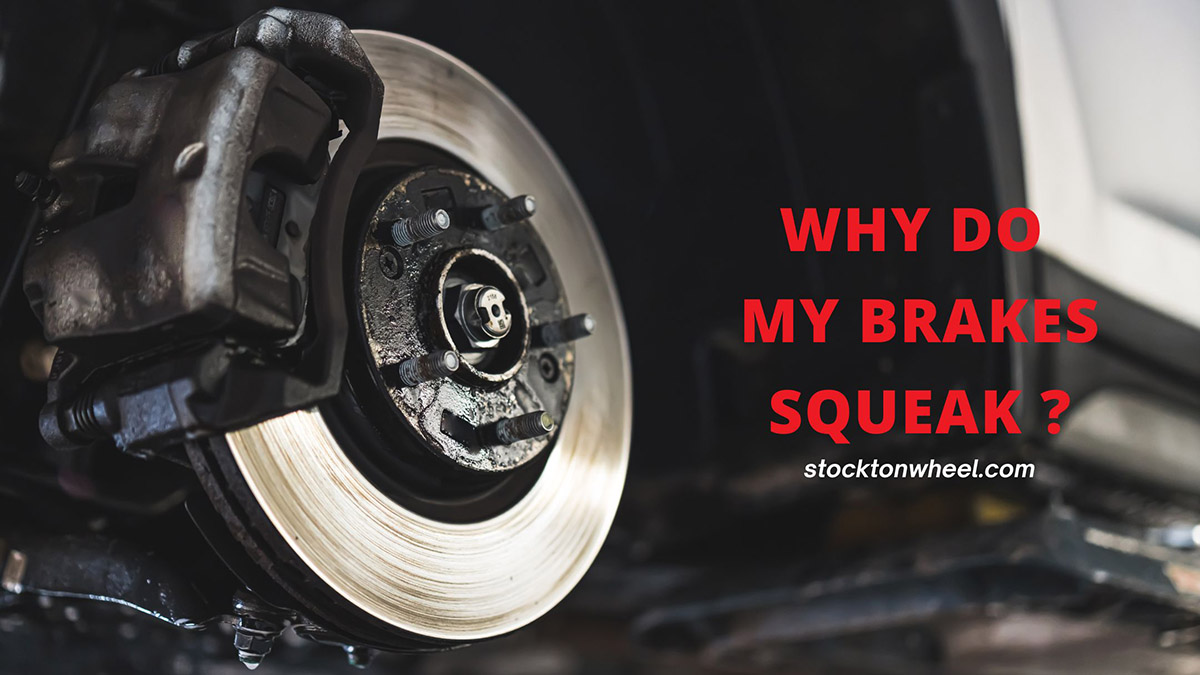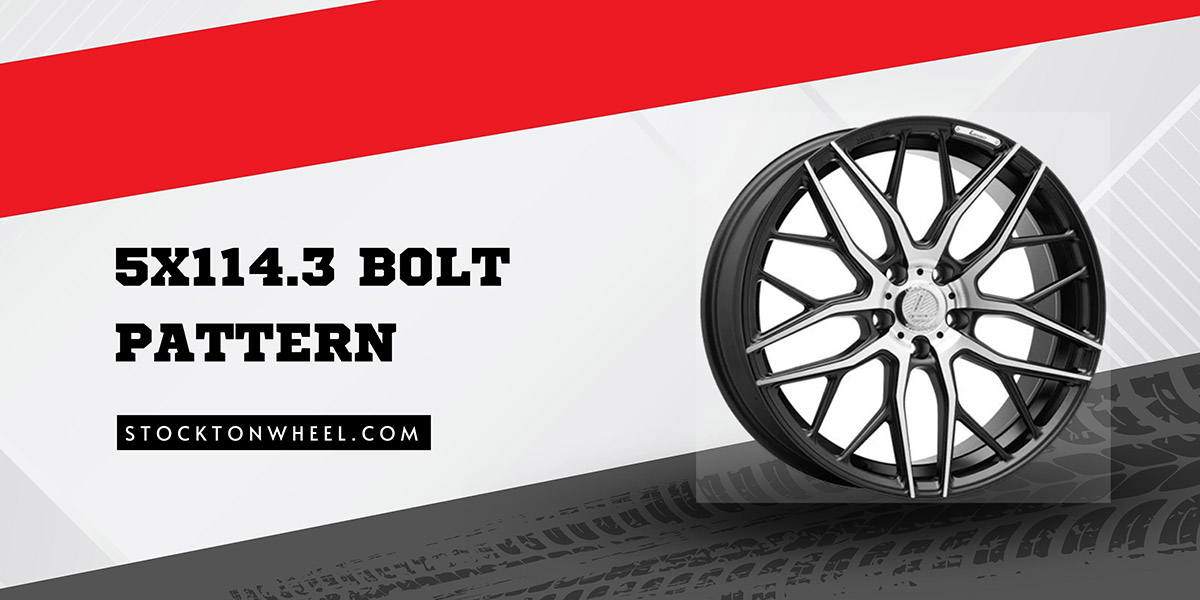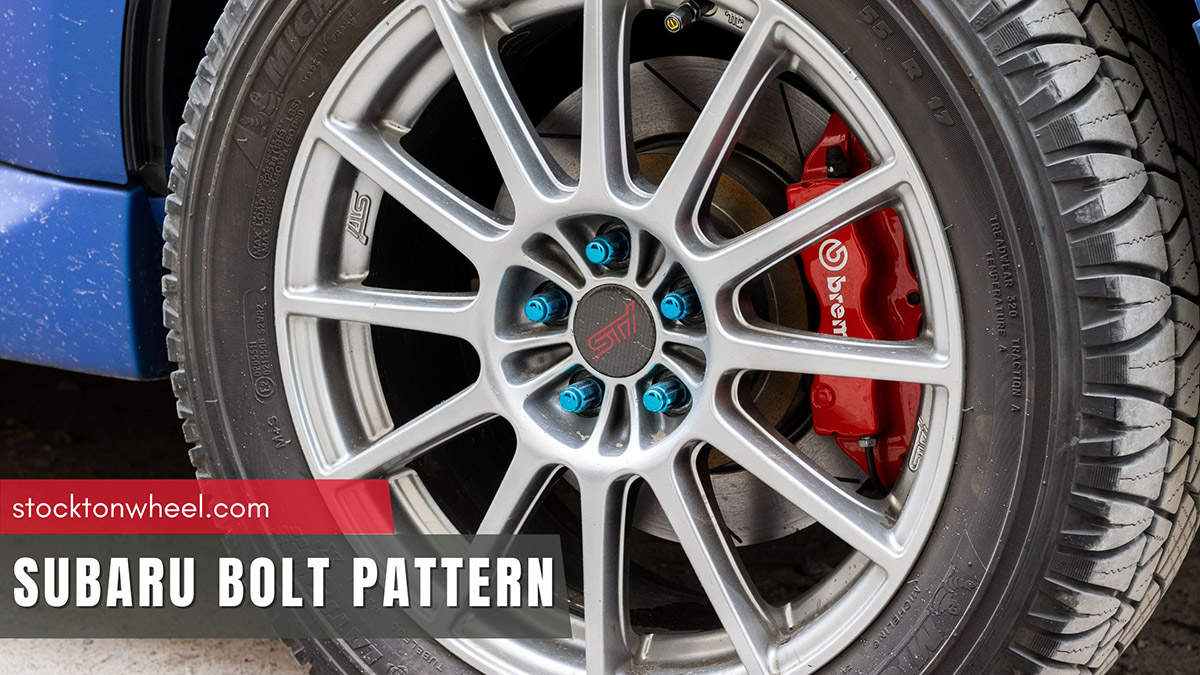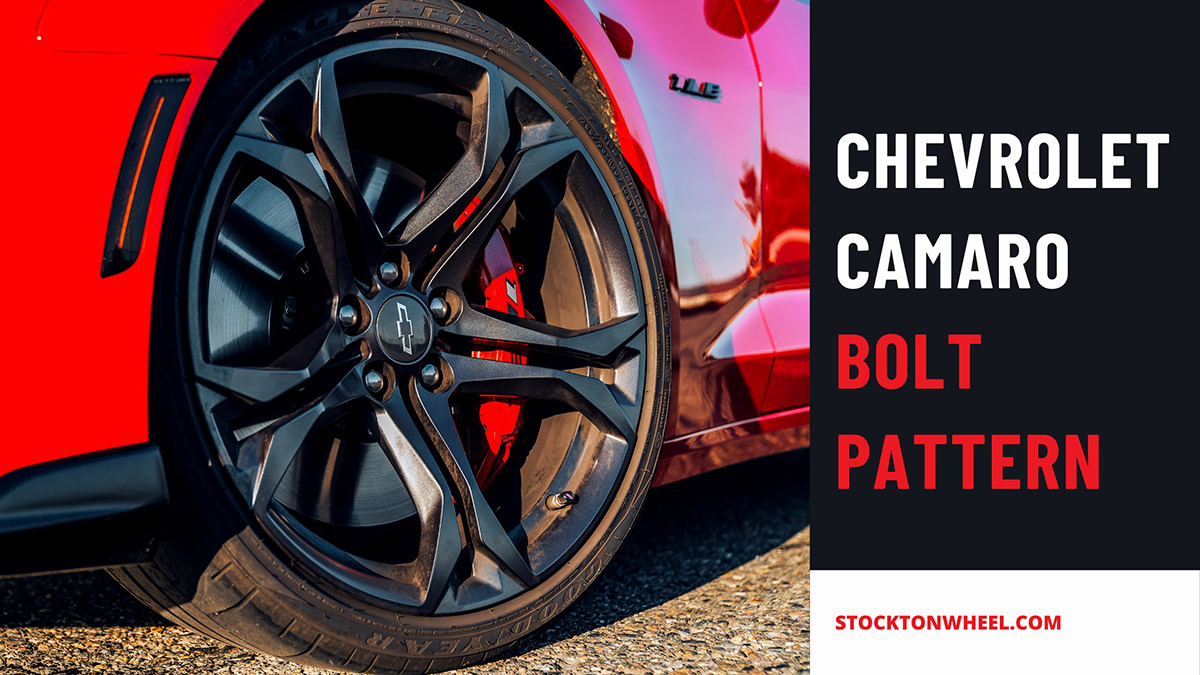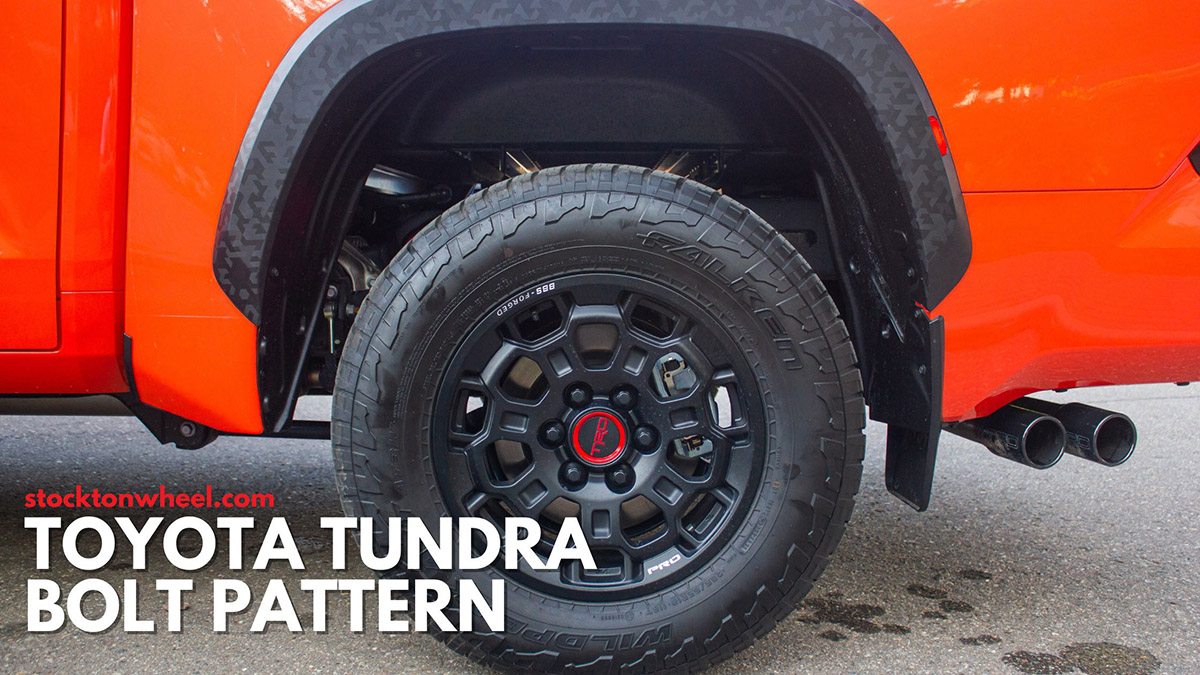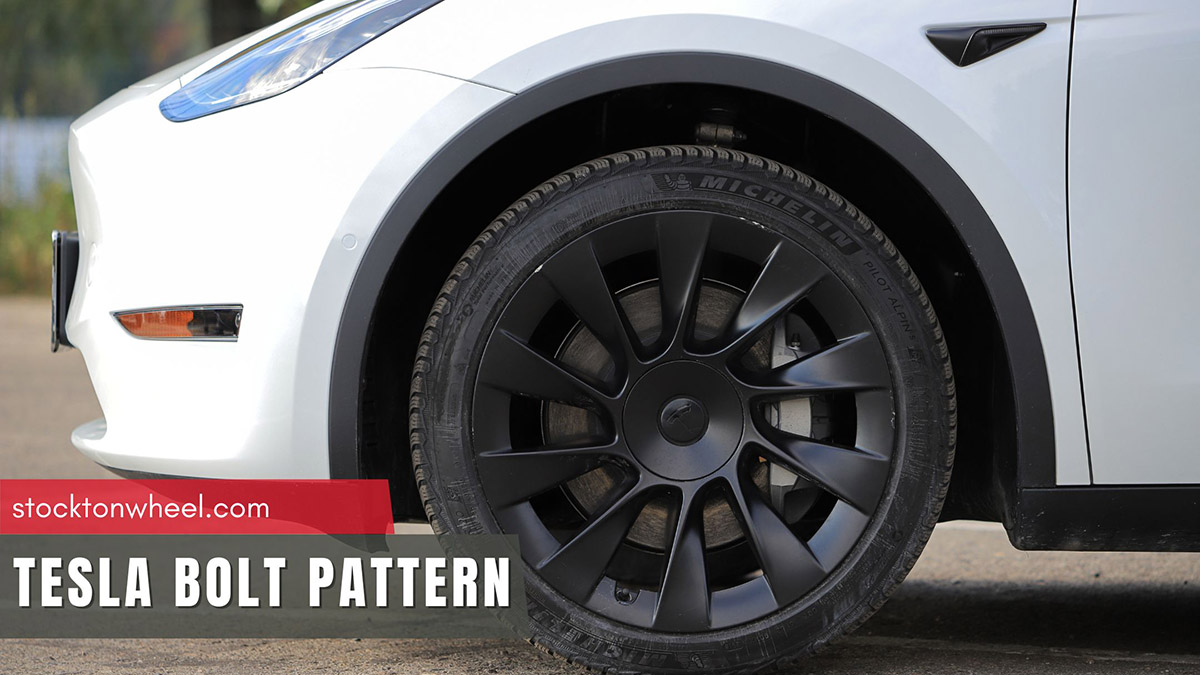Squeaky brakes, often referred to as brake squeal, are a common automotive issue when brakes emit high-pitched noises during operation. While this sound can be unsettling, it’s typically an early warning sign of underlying problems in your vehicle’s braking system.
To help you understand this issue better, we’ll delve into the 10 common reasons and effective solutions in this informative guide.
In this article:
Why Are My Brakes Squeaking?
Your brakes might be squeaking because of worn brake pads, moisture, dirt and debris, improper lubrication, brake glazing, aggressive braking, high metal content in brake pads, exposure to extremely cold weather, warped rotors, or a stuck caliper piston.
1. Worn-Out Brake Pads Issue
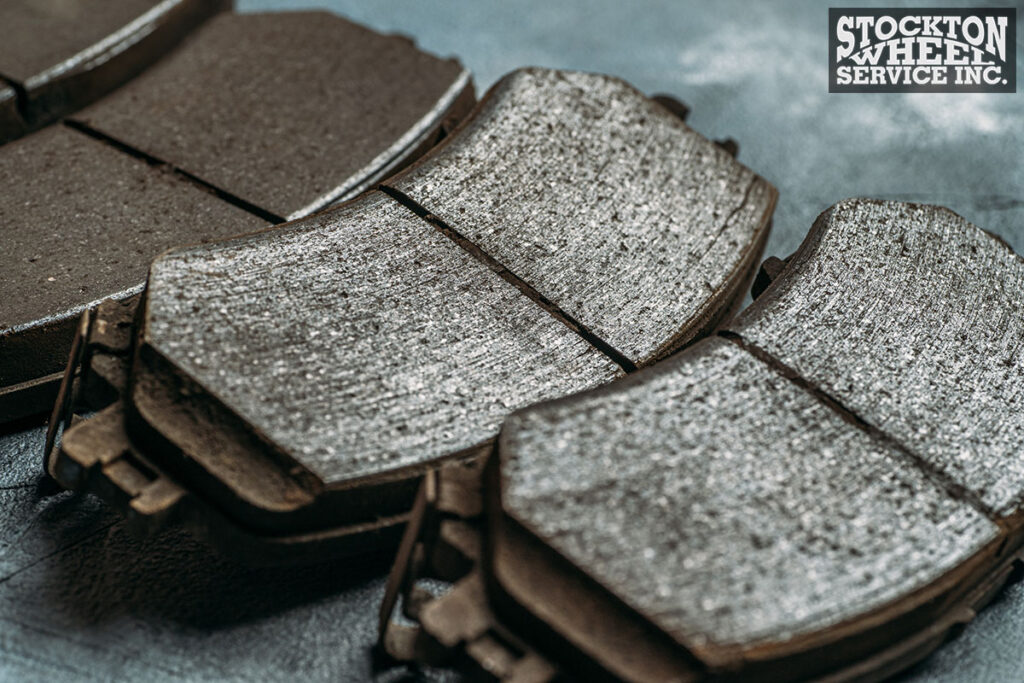
- Cause: Over time, the friction material on replacement brake pads naturally wears down, leading to increased friction and audible squeaks.
- Solution: The straightforward fix is replacing the worn brake pads with high-quality, long-life ones, ensuring silence and optimal braking performance.
2. Moisture
- Cause: Moisture in your braking system can result in corrosion, causing unwanted noise.
- Solution: You can either drive gently to dry off the brakes or let the heat generated burn off the moisture to effectively resolve this issue.
3. Dirt and Debris
- Cause: Accumulated dirt and debris on brake components can disrupt smooth operation and contribute to squeaking.
- Solution: Eliminate the issue by using a brake cleaner to rid your brakes of contaminants and restore silent braking.
4. Improper Lubrication
- Cause: Inadequate brake lubricant of brake caliper slide pins can cause noisy brakes due to increased friction between metal parts.
- Solution: Proper lubrication with a suitable brake caliper slide pin lubricant ensures smooth operation, reducing friction and, consequently, noise.
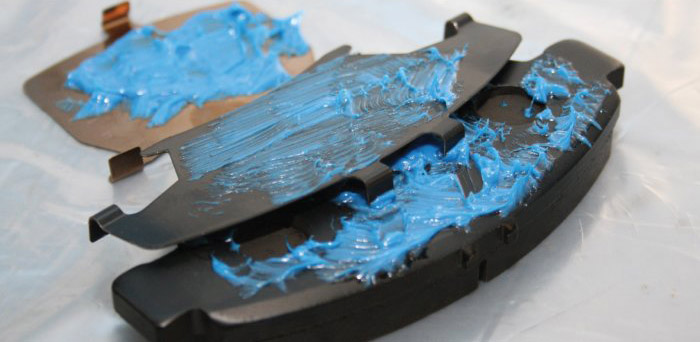
5. Brake Glazing
- Cause: Brake pad glazing, often due to excessive heat, results in a smooth surface that can squeak.
- Solution: Gently sanding the brake pads and rotors with fine-grit sandpaper can roughen the surface and eliminate the squeak.
6. Aggressive Braking
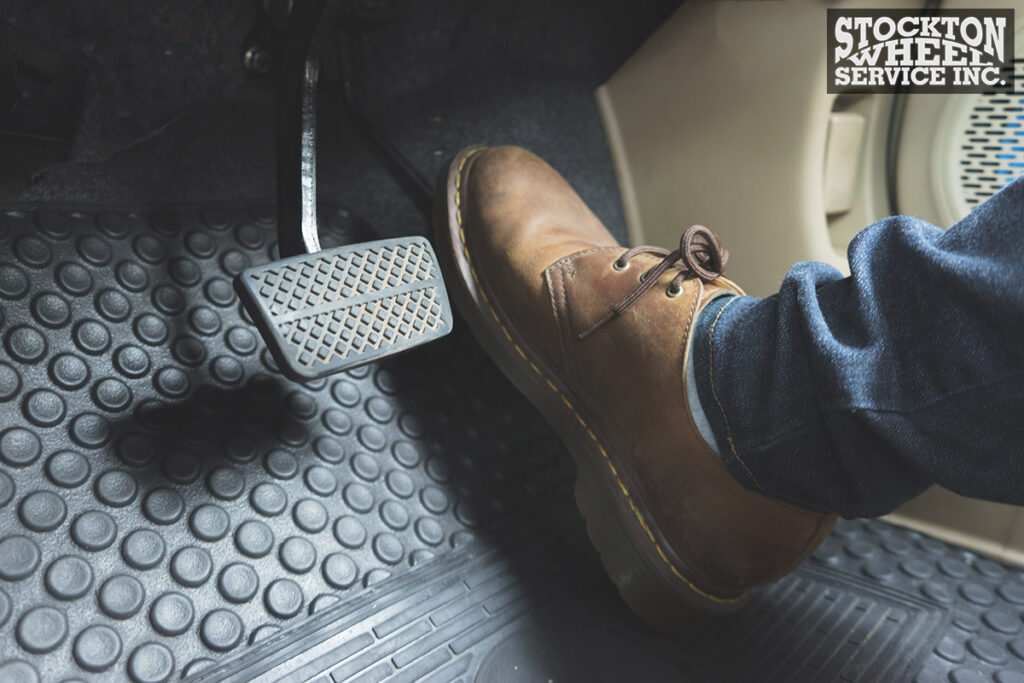
- Cause: Aggressive, fast, or hard braking increases friction and generates heat, leading to noisy brakes.
- Solution: Practicing gentler braking techniques can minimize friction and noise.
7. High Metal Content in Brake Pads
- Cause: Brake pads overloaded with excessive metal content generate more friction, resulting in unwanted noise during braking.
- Solution: Consider switching to brake pads with a well-balanced metal composition, often equipped with noise-reducing technology. This adjustment ensures quieter braking without compromising performance.
8. Exposure to Extreme Cold Weather
- Cause: In severely cold conditions, brake components contract and produce friction, leading to squeaky brakes.
- Solution: Storing your vehicle in a sheltered environment in extremely cold weather can prevent excessive noise. Moreover, practicing gentle braking techniques during cold spells minimizes noise and allows for smooth stops, enhancing your driving experience.
9. Warped Rotors
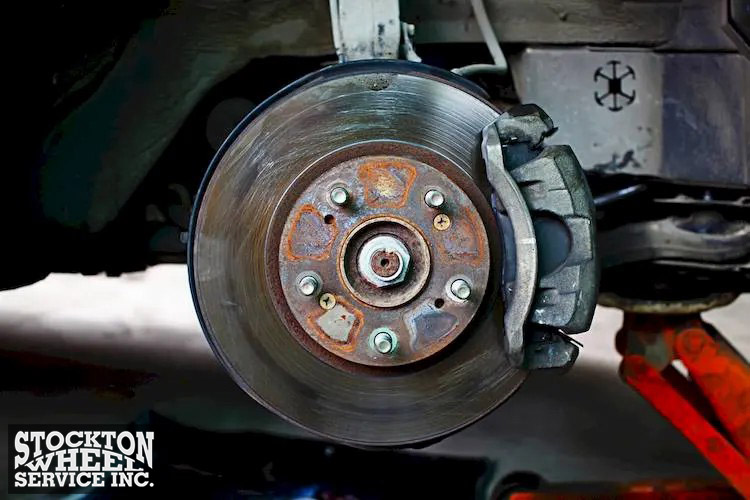
- Cause: Warped or unevenly worn brake rotors hinder even contact with brake pads, contributing to brake squeaking.
- Solution: Depending on the extent of the issue, you may need to have the rotors resurfaced or replaced to ensure even contact and reduce noise.
10. Stuck Caliper Piston
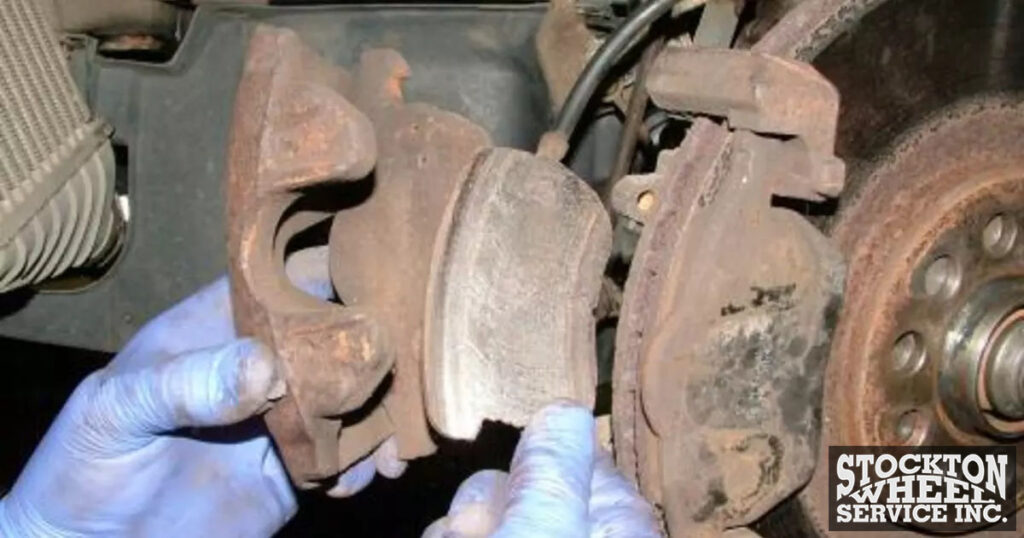
- Cause: A stuck caliper piston can result in uneven brake pad wear and noise.
- Solution: Consult a qualified mechanic to repair or replace the caliper piston, ensuring efficient, noise-free braking.
How to Prevent Brake Squeaking?
Dealing with a squeaky brake can be frustrating, but the good news is that you can take steps to prevent the noise:
- Regular Check-ups: Schedule periodic brake check-ups with a professional. They can spot and fix issues before they become major problems, ensuring quieter and safer driving.
- Invest in Quality: Choose high-quality brake components with noise-reducing features. It’s an investment in quieter stops and enhanced performance.
- Correct Installation: Ensure that your braking components are installed correctly to prevent misalignment and noise issues. If in doubt, seek professional help.
- Gentle Braking: Avoid abrupt and hard braking whenever possible. This minimizes friction and heat, keeping your braking system quieter and extending its lifespan.
- Moisture Management: During wet conditions, gently apply your brakes to dry them or take a short drive to let the generated heat dissipate any moisture.
- Keep It Clean: Regularly use a brake cleaner to remove dirt and debris from your braking components.
- Proper Lubrication: Ensure that your braking components, such as caliper slide pins, are properly lubricated.
- Address Caliper Issues: If you suspect caliper problems, like stuck pistons, don’t hesitate to seek professional assistance.
- Ease Off Speed: Avoid excessive braking from high speeds, as this can lead to brake pad glazing.
FAQs
Does Insurance Cover Brake Pads?
In most cases, standard auto insurance policies do not cover the replacement of brake pads.
Auto insurance typically covers damages from accidents, theft, vandalism, and other incidents. However, regular wear and tear maintenance, such as replacing brake pads, is considered the vehicle owner’s responsibility.
Still, reviewing your insurance policy and consulting your insurance provider for any potential exceptions or additional coverage options is essential.
Why Are My Brakes Still Squeaking After Replacing Pads and Rotors?
If you’re experiencing squeaky brakes, but your pads are in good condition, there are several potential reasons:
- Low-Quality Parts: If you’ve opted for low-quality or budget brake pads and rotors, they might lack noise-reduction features, leading to ongoing squeaking.
- Improper Installation: Incorrect installation of the new pads and rotors, including misalignment or insufficient lubrication, can trigger noise issues.
- Caliper Issues: Stuck or malfunctioning caliper pistons can result in uneven brake pad wear and noise.
- Glazing: Squeaking can also occur due to improper “bedding in” of new pads and rotors or engaging in hard braking immediately after replacement, which can lead to brake pad glazing.
In this case, it’s recommended to consult a qualified mechanic. They can identify and address the specific issue causing the noise, ensuring safe and silent braking for your peace of mind.
Conclusion
Squeaky brakes may be an annoyance, but unraveling the reasons behind the noise and implementing solutions is important. Quieter and safer journeys await as you handle issues like worn brake pads, moisture, dirt, and more.
Don’t forget the importance of consistent brake maintenance and inspections, and if you encounter persistent squeaks beyond your control, consult a qualified mechanic for the peace and performance of your braking system.

